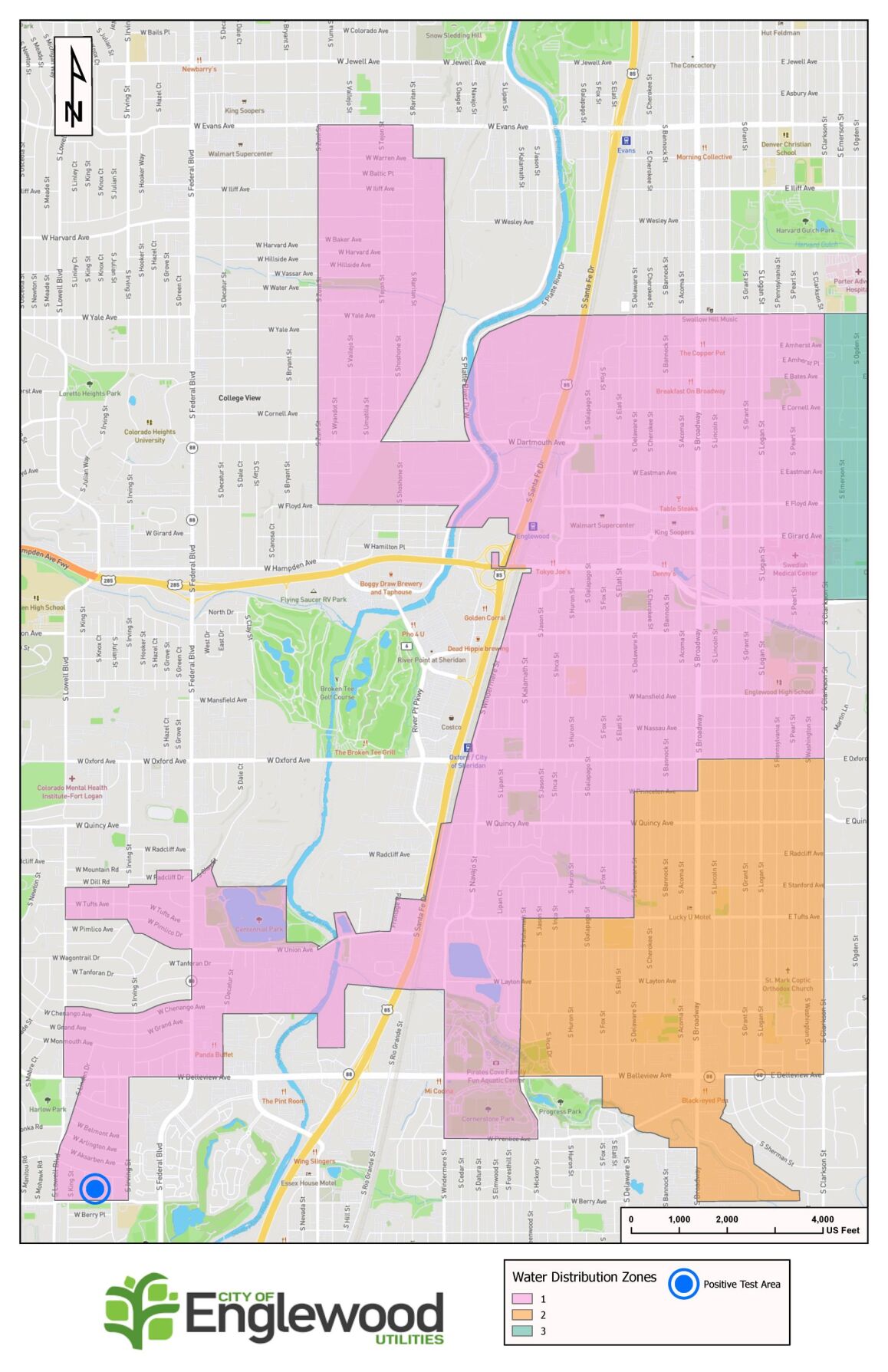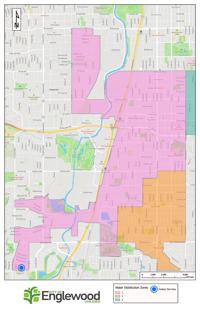Investigation into emergency alert ‘glitch’ underway
An investigation is underway after an emergency alert intended for over 20,000 Englewood residents was received by many outside the impacted area, according to a statement from the Arapahoe County Office of Emergency Management.
Boil advisory issued in Englewood after E. coli bacteria found
The alert was informing impacted residents of a boil advisory that went into effect after a water system tested positive for E. coli.
“For reason currently under investigation by software engineers, the alert went beyond the set parameters notifying residents outside the City,” the statement read. “The ACEOM and the software provider are actively investigating the software issue. The ACEOM apologized for any confusion and inconvenience this software glitch may have caused to those not affected by the boil order.”
The advisory is still in effect and applies to 25,000 residents who live in Zone 1, the largest of the city’s water systems, said Angela Goodman, the utilities deputy director for the city.

Englewood residents who live within the pink area were placed under a boil advisory Wednesday afternoon
Courtesy of the City of Englewood

Englewood residents who live within the pink area were placed under a boil advisory Wednesday afternoon
As of 8:30 p.m. Thursday, 5,400 bottles of water and 30 water tanks holding 275 gallons for a total of 8,250 gallons were given to impacted residents, according to the statement.
The distribution center at 1000 Englewood Parkway will remain open until the boil advisory has ended, officials said.
Those in the affected areas are advised to “Please boil all drinking water for three minutes before drinking, or consume bottle water until further notice,” according to the alert.
“Boiled or bottled water should be used for drinking, making ice, brushing teeth, washing dishes, and food preparation until further notice,” the city said. “Boiling kills bacteria and other organisms in the water.”
Sloan's Lake temporarily closed after toxic algae bloom build-up
E. coli is found in water contaminated with human or animal waste. It causes diarrhea, cramps, nausea, headaches and other symptoms. The bacteria is especially dangers for infants, young children, the elderly and people with compromised immune systems.
The city is working with the Colorado Department of Public Health and Tri-County Health Department to determine the cause of contamination, and have begun flushing the waterlines in the impacted zone.





